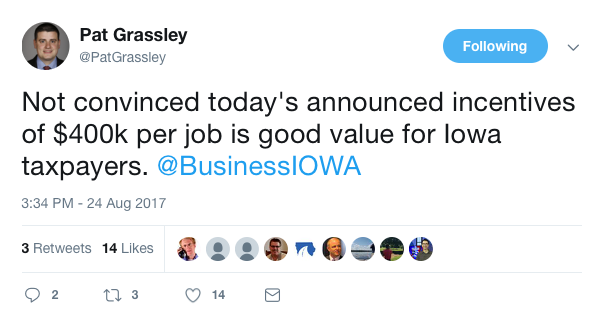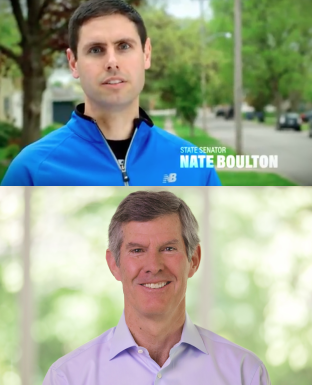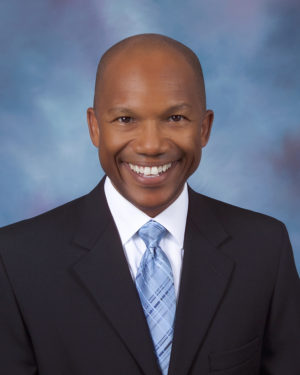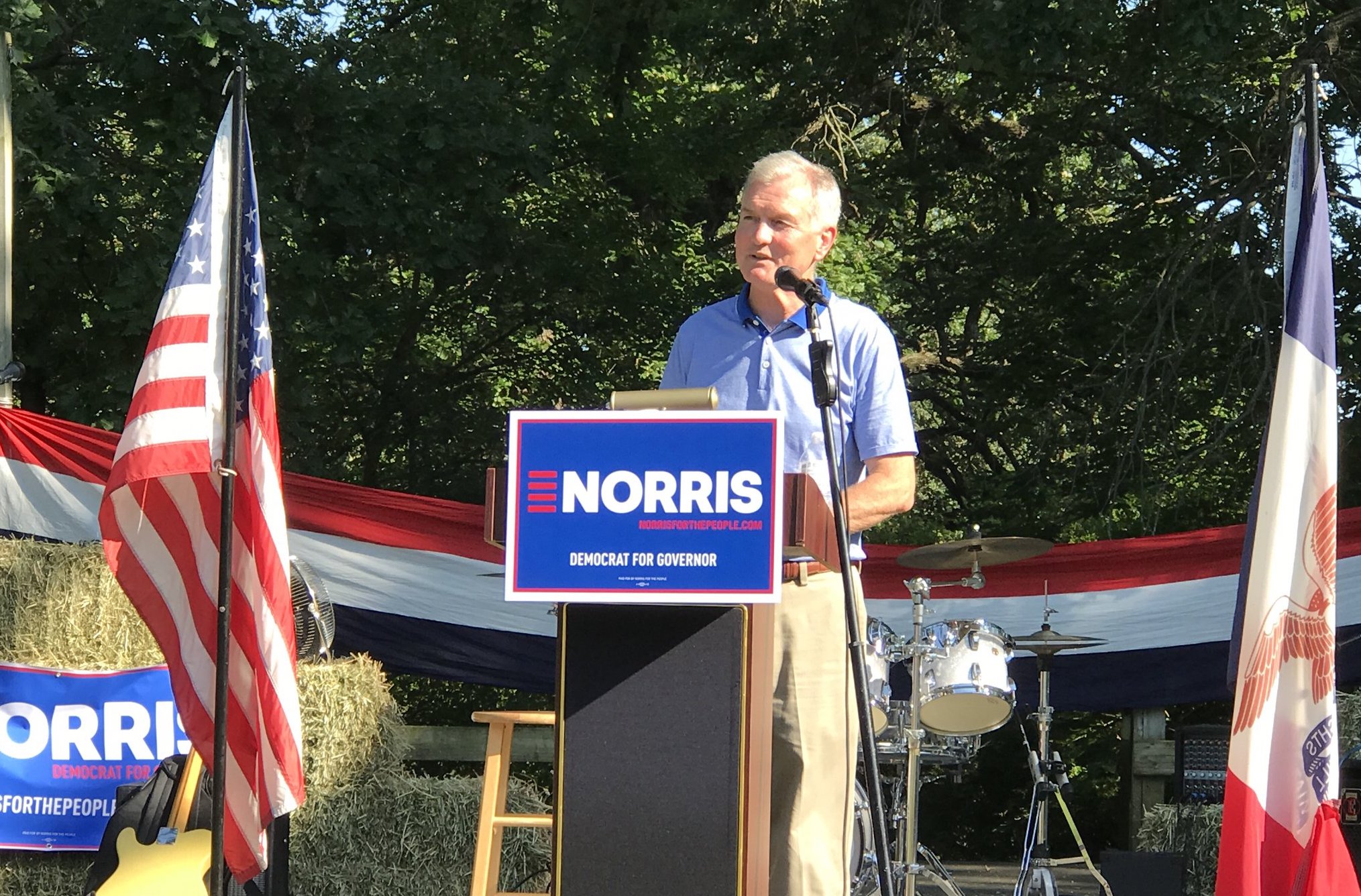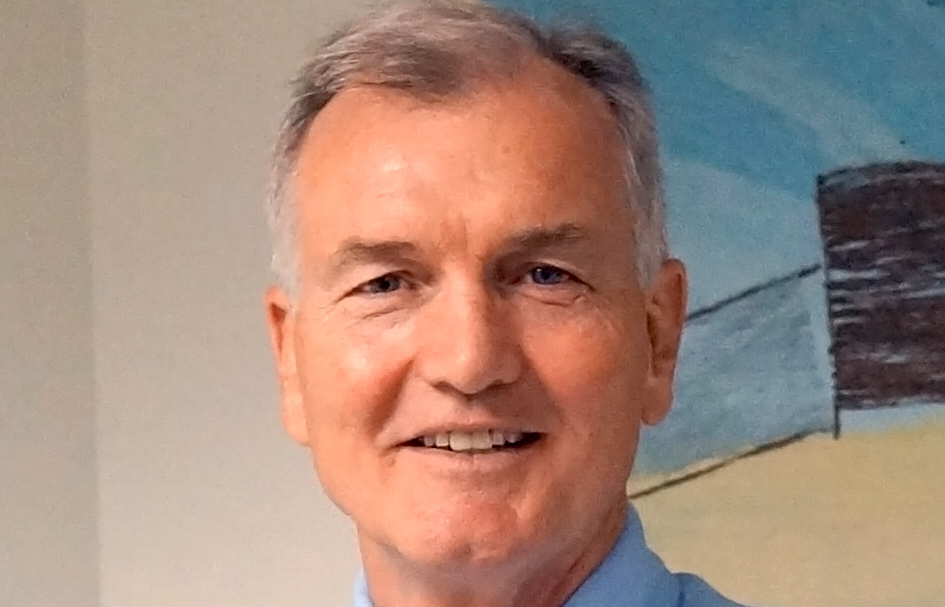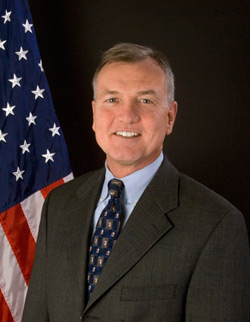The Des Moines Register published a long interview with the three members of the Iowa Utilities Board on Monday.
As you may recall, Democrats John Norris and Krista Tanner recently voted to approve an application to build a new coal-fired power plan near Marshalltown. Republican Darrell Hanson opposed the coal plant.
The whole piece is worth your time, but this was the key passage for me:
Q: For base-load power, it seems as if there aren’t many other options for Iowa than coal right now. Longer term, what’s on the horizon for base-load power?
Tanner: That is why I ultimately ended up voting for [the plant]. Even if all these things end up happening, the most aggressive standards we’re talking about are 30 by 30 [30 percent of electricity generated by renewable sources by 2030], and I’m really concerned about what does that other 70 percent look like. In my opinion, it’s coal or nuclear. [Nuclear is] not without its problems, because it is expensive. I am on the [Iowa] Climate Change Advisory Council, and we put that as an option to study. There’s a lot of resistance to it in the public, more so than coal, even though it’s a lower carbon-generating source.
They are pursuing ways to store the carbon to make coal more viable. I don’t think that will happen in the next five to 10 years. I saw this plant as almost a bridge technology, because it is more efficient. My thought is that if we’re going to have coal, it better be the most efficient plant we can have and have a potential for biomass. While it may be an incremental step in carbon reduction, it’s a step that we can take today.
Norris: At least for the foreseeable future, it’s going to be nuclear or coal. My preference certainly is to reduce greenhouse gases. For the long term, that’s nuclear, but it’s extremely expensive to build right now and an extremely lengthy process to build.
Q: Is there anything the state can do to encourage construction of nuclear plants or is that solely a federal responsibility?
Norris: We’re certainly open to a nuclear application, but still don’t expect it tomorrow. I know Mid-American looked closely at it, but decided costs, the time and the building issues are just prohibitive. Mid-American is a very progressive company in looking at new alternatives. It makes me a little concerned about how the country as a whole is going to solve our base-load problems. Nuclear certainly will help reduce greenhouse-gas emissions.
Some people have suggested to me that John Norris would prefer for the coal plant not to be built, but his comments to the Des Moines Register do not support that speculation. It sounds as if he is resigned to expanding our use of coal because the utilities are not currently pursuing the alternative he prefers, nuclear power.
I believe that renewable energy technologies like wind and solar power can meet more of our electricity needs than IUB members expect.
But we also need to aggressively pursue conservation through government regulations, incentives and public-education campaigns. Conservation measures can dramatically reduce the demand for electricity, and do it quickly.
Residents of Juneau, Alaska cut their electricity use by about 30 percent in a week this spring. Click the link to read about how Brazilians reduced their use of electricity by 20 percent in two months in 2001.
The IUB is not in charge of our state’s energy policy, but maybe its members would not be inclined to approve new coal-fired power plants if they believed that future demand for electricity would be lower than currently projected.
State legislators and officials should take more steps to promote energy efficiency and conservation, as well as increasing our use of wind and solar power.
Here are some easy ways for individuals to reduce their own use of electricity. Simple things like unplugging appliances you are not using can save a lot.
P.S.–I cannot agree with Norris’s implication that expanding nuclear power would be the best way to meet demand for electricity while reducing greenhouse gas emissions.
Here is a link to a 74-page report from the Union of Concerned Scientists on nuclear power. But if you’re too busy to read it, here is the key finding in less than 30 words:
The life cycle of nuclear power results in relatively little global warming pollution, but building a new fleet of plants could increase threats to public safety and national security.
A position paper on nuclear power and global warming notes that
Prudence dictates that we develop as many options to reduce global warming emissions as possible, and begin by deploying those that achieve the largest reductions most quickly and with the lowest costs and risk. Nuclear power today does not meet these criteria.
Friends of the Earth makes even stronger arguments against expanding nuclear power as a response to global warming:
It Would Set Back the Fight Against Global Warming: Experts suggest that we must triple the number of nuclear reactors in the U.S. in order to make a dent in global warming. With a price tag of $5 billion per reactor and a historic construction timeline around 10 years, we’re not likely to see the 200-300 needed new reactors anytime soon. (We currently have just over 100 reactors and many of those would have to be replaced as they reach retirement age.) Alternatives, like wind, solar and conservation programs can produce results more quickly and affordably.
That was a long post-script, but we need to get out of the mindset that nuclear power is a solution to global warming, especially since both John McCain and Barack Obama are open to expanding nuclear power in this country.
Continue Reading...


